| 9:00am-12:00pm
|
Student Sustainability Action Challenge Workshop
- Sarah Stoeckl, PhD | Director, Office of Sustainability, University of Oregon
- Lauren Brohawn | Assistant Director, UW Environmental Innovation Challenge
- Moji Igun | Founder, Blue Daisi Consulting
- Charlie Burr | CEO, Motmot Coffee
- Kelsey Foster | Founder, PotentiaLi
Register here
|
| 3:00-4:00pm |
- The Bullitt Center Tour
- Tour Leader: Deborah Sigler | Program Coordinator, UW Center for Integrated Design
Space is limited, RSVP to attend.
|
| 3:00-4:30pm |
- UW Life Sciences Building Tour
- Tour Leader: David Perkel | UW Biology; Lead Architect
- Tour Leader: Andy Clinch, AIA, LEED AP® BD+C | Principal, Perkins&Will
- Tour Leader: Devin Kleiner, AIA, LEED AP®BD+C | Senior Project Architect, Associate Principal, Perkins&Will
Space is limited, RSVP to attend.
|
4:00-5:00pm
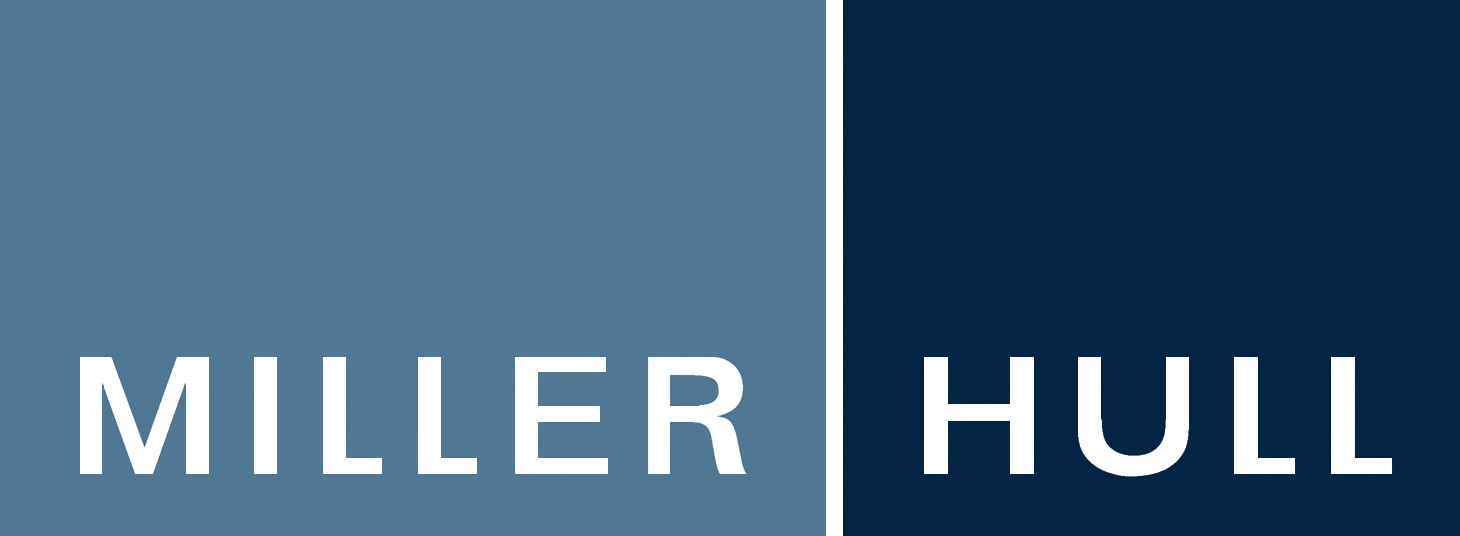 |
- Hans Rosling Center for Population Health Tour - 100% Virtual
|
4:00-5:00pm
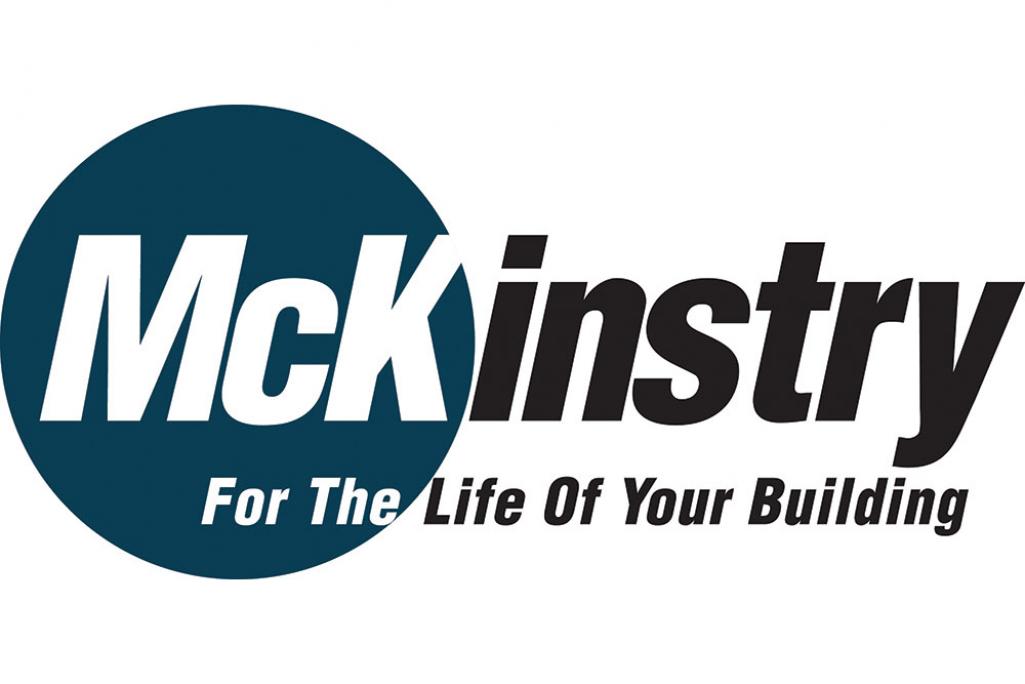 |
- McKinstry Campus Tour - 100% Virtual
- Tour Leader: LeAnn Vargo Scalzo | Higher Education Senior Account Executive, Energy Services
- Tour Leader: Mark Deschenes | Detailing Operations Manager, PMP at McKinstry
- Tour Leader: Sarah Moore | Director of Engineering, PE
- Tour Leader: Brad Liljequist | Director of Zero Carbon Solutions
|
5:00-6:00pm |
- Welcome Reception
|
| 8:00-8:10am |
Welcome Remarks
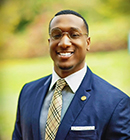 Emcee: D'Andre Fisher | Associate Vice President for Equity, Diversity and Inclusion, North Seattle College
Emcee: D'Andre Fisher | Associate Vice President for Equity, Diversity and Inclusion, North Seattle College
|
| 8:10-8:15am |
Land Acknowledgement
|
| 8:20-8:50pm |
- Keynote | Every Job is a Climate Job
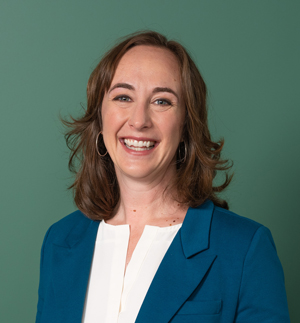 Elizabeth Bagley, PhD | Director of Programs, SEI
Elizabeth Bagley, PhD | Director of Programs, SEI
|
8:50-9:15am
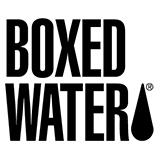 |
- Sustainability Round Table Update
- Serena Dressel | Coordinator, Student Sustainability Center, Portland State University
- Sarah Stoeckl, PhD | Program Manager, Office of Sustainability, University of Oregon
- Rebecca Walker | Sustainability and Recycling Manager, Southern Oregon University
|
| 9:15-10:30am |
- Imagining A Just Future: Writers on the World We Want to Build
- Moderator: Sarah Stoeckl, PhD | Program Manager, Office of Sustainability, University of Oregon
- Mat Johnson | Author, Pym and Professor, University of Oregon
- Annalee Newitz | Author, Techsploitation.com and 'Four Lost Cities: A Secret History of the Urban Age'
- Marina Psaros | Author, The Atlas of Disappearing Places
|
| 10:30-11:00am |
Break – Structured Networking with Table Topics
|
| 11:00am-12:15pm |
- INTERACTIVE WORKSHOP
Monumental Visions: Teaching Social and Environmental Justice Through Project-Based Learning
- John Calavitta-Dos Santos | South Seattle College
|
- Community-Engaged Learning Across Disciplines: Facilitating Student Leadership Toward Equitable, Regenerative Economies
- Kathryn Cornforth | Director of Community Engagement, Community Engagement and Leadership Education Center, University of Washington
- Kristi Straus | Associate Teaching Professor, University of Washington
- Anjulie Ganti | Associate Teaching Professor, University of Washington
- Christian Love | Program Manager, University of Washington
- Eli Wheat | Associate Teaching Professor, University of Washington
|
- CWU Sustainability Certificate and OSU Sustainability Engagement Program
- Susan Kaspari | Professor, Central Washington University
- Clay Arango | Associate Professor, Central Washington University
- Kathleen Klaniecki | Sustainability Coordinator, Central Washington University
- Leticia Cavazos Sanchez | Sustainability Assessment Manager, Oregon State University Sustainability Office
|
- Amplifying Student Skills and Knowledge for Sustainability Leadership
- Maria Spiliotopoulou | Manager, Student Learning and Leadership, SFU Sustainability, Simon Fraser University
- Desiree Gabriel | Programs Manager, Embark Sustainability
- Abbey Gravatt | Student, University of Oregon
- Eloise Navarro | Student, University of Oregon
|
12:15-1:30pm
|
Lunch Break
|
| 1:30-2:45pm |
- INTERACTIVE WORKSHOP
Shifting the Culture Towards Equity: Practicing Equity Tools in Stakeholder Settings
- Stephania Fregosi | Sustainability Analyst, Portland Community College
- Briar Schoon | Sustainability Manager, Portland Community College
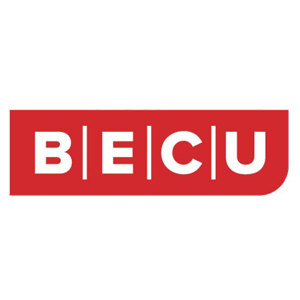
|
- Nonprofit Land for Student Projects
- Joao Vilca Soto | CEO, Ruta Verde
- Stephan Classen | Assistant Director of Sustainable Practices, Cascadia College
- Nataleigh Steffens | Senior Student, Cascadia College
|
- In the Trenches: Accelerating On-the-Ground Climate Action
- David Karlsgodt | Director of Energy Advisory Services, Brailsford & Dunlavey
- Amy Dvorak | Sustainability Director, Lewis & Clark College
- Jim Simon | Director of Sustainability, Gonzaga University
|
- We Are Not Drowning: The Pacific Experience at COP26
- Makerusa "Mak" Porotesano, M.Ed | Multicultural Center Coordinator, Portland Community College - Sylvania Campus
|
| 2:45-3:15pm |
Networking Break
Poster Session
|
3:30-5:30pm
 |
- YOUTH v GOV Film Screening
|
| 8:00-8:05am |
Intro & Announcements
 Emcee: D'Andre Fisher | Associate Vice President for Equity, Diversity and Inclusion, North Seattle College
Emcee: D'Andre Fisher | Associate Vice President for Equity, Diversity and Inclusion, North Seattle College
|
| 8:05-8:20am |
McKinstry Scholarship Recognition
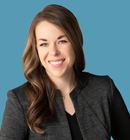 Ashley Ruiz | National Director of Corporate Social Impact, McKinstry
Ashley Ruiz | National Director of Corporate Social Impact, McKinstry
|
| 8:20-8:50pm |
- Keynote: The Opportunity and Imperative for Academic Institutions in Redesigning Capitalism
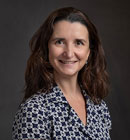 Dr. Maria Ballesteros–Sola | Chair of Membership, B Academics and Assistant Professor of Management, MVS School of Business & Economics, CSUCI.
Dr. Maria Ballesteros–Sola | Chair of Membership, B Academics and Assistant Professor of Management, MVS School of Business & Economics, CSUCI.
|
| 8:50-10:00am |
- Youth Activism for Climate Justice and Indigenous Ways of Knowing
- Moderator: Akichita TakenAlive | Urban Native Education Alliance
- Sadie Olsen | Lummi Nation member (Lhaq'temish traditional name Kwastlmut), Student, Northwest Indian College and Co-Founder, Whiteswan Environmental
- Watson Whitford | Chippewa Cree Nations, Earth Ambassador, United National Indian Tribal Youth, Inc. (UNITY)
- Jonathan Arakawa | Co-Vice President, National Congress of American Indians Youth Commission
- Maiya Martinez | Spokane Tribe, Earth Ambassador, United National Indian Tribal Youth, Inc. (UNITY)
|
| 10:00-10:45am |
Networking Break
|
10:05-10:35am
 |
Internships, Equity and Climate Change
presented by King County Green Building
- Navera Ahmed | Environmental Intern II, King County Solid Waste Division
- Jazmine Patten | Environmental Intern II, King County Solid Waste Division
- Nori Catabay | Program Manager, King County Internal Green Building Team
- Lauren Cole | Environmental Programs Managing Supervisor, King County Solid Waste Division
|
| 10:45am-12:00pm |
- Sustainability Action Challenge Pitchfest
|
- Founding a Sustainable Culture Through a Faculty & Facilities Partnership
- Monica J. Stenzel | Director of Sustainability Center, History Instructor, Spokane Falls Community College
- Andrew Lemberg | Resource Conservation Manager, Community Colleges of Spokane
- Aaron Olsen | Landscape Planning Associate, University of Oregon
- Michael Geffel | Landscape Architecture Faculty, University of Oregon
|
- How to Strengthen Innovative, Interdisciplinary Sustainability Programs Through an Applied IT Sustainability Minor/Certificate
- Susan Rivera, Ph.D. | Senior Lecturer, Central Washington University
- Kevin Lomax | Student, Central Washington University
- Robert Lupton | Chair, Information Technology and Administrative Management Department, Central Washington University
- Kurt Kirstein | Interim Associate Dean, Central Washington University
- Elizabeth Fountain, Ph.D. | FlexIT Program Coordinator, Central Washington University
|
- Home is Where the Story Begins: The Power of Academic Engagement in Housing and Climate Policy Innovation
- Kaarin Knudson | Founding Director, Better Housing Together / Principal, LARCO KNUDSON, University of Oregon
|
| 12:00-1:15pm |
- Lunch Break
|
| 1:15-2:30pm |
- INTERACTIVE WORKSHOP
Leveraging Curricular Expertise Across Departments to Advance Education for Sustainability (ESD)
- Rebecca Watts Hull | Service Learning and Partnerships Specialist, Center for Serve-Learn-Sustain, Georgia Institute of Technology
- Ruthie Yow | Service Learning & Partnerships Specialist, Center for Serve-Learn-Sustain, Georgia Institute of Technology
- Carol Subino Sullivan | Assistant Director, Faculty Teaching and Learning Initiatives, Center for Teaching and Learning, Georgia Institute of Technology
|
- Future Rivers: Training the Next Generation of Freshwater Sustainability Scientists
- Athena Bertolino | Future Rivers Program Manager, University of Washington
- Dr. Gordon Holtgrieve | Associate Professor, University of Washington
|
- Food Pantry Waste to Nature Preserve Compost: An Intersectional Approach
- Shehla Arif | Associate Professor of Mechanical Engineering, University of Mount Union
|
- Climate Action Planning: Charting a Path to Carbon Neutrality
- Brandon Trelstad | Sustainability Officer, Oregon State University
- Lindsey MacDonald | Associate Director of the Sustainability Engagement Institute, Western Washington University
- Marilyn Ostergren | Interim Sustainability Director, University of Washington
|
| 2:30-2:45pm |
Break
|
| 2:45-4:00pm |
- Closing Workshop: Synthesis and Action Planning
- Kathleen Klaniecki | Sustainability Coordinator, Central Washington University
- Lindsey MacDonald | Associate Director of the Sustainability Engagement Institute, Western Washington University
- Irena Lambrou | Sustainability Program Coordinator, Professor, Whatcom Community College
|



 Emcee: D'Andre Fisher | Associate Vice President for Equity, Diversity and Inclusion, North Seattle College
Emcee: D'Andre Fisher | Associate Vice President for Equity, Diversity and Inclusion, North Seattle College
 Elizabeth Bagley, PhD | Director of Programs, SEI
Elizabeth Bagley, PhD | Director of Programs, SEI



 Emcee: D'Andre Fisher | Associate Vice President for Equity, Diversity and Inclusion, North Seattle College
Emcee: D'Andre Fisher | Associate Vice President for Equity, Diversity and Inclusion, North Seattle College
 Ashley Ruiz | National Director of Corporate Social Impact, McKinstry
Ashley Ruiz | National Director of Corporate Social Impact, McKinstry
 Dr. Maria Ballesteros–Sola | Chair of Membership, B Academics and Assistant Professor of Management, MVS School of Business & Economics, CSUCI.
Dr. Maria Ballesteros–Sola | Chair of Membership, B Academics and Assistant Professor of Management, MVS School of Business & Economics, CSUCI.

 © 2025 | Event by Social Enterprises, Inc.
© 2025 | Event by Social Enterprises, Inc.
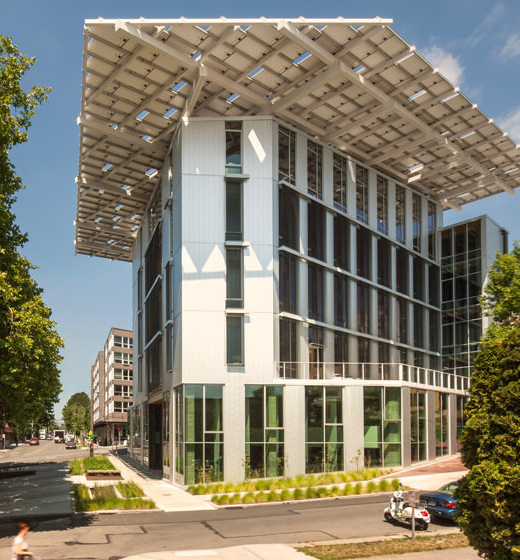 To advance both public and professional awareness and support for construction of more high performance buildings, the UW Center for Integrated Design (CID) conducts tours of the Bullitt Center, a certified "living building" that has met the toughest set of environmental building standards in the world. Tours focus on the building's unique integrated design and resource conservation systems, providing participants a view into the future of urban sustainability. ▾
To advance both public and professional awareness and support for construction of more high performance buildings, the UW Center for Integrated Design (CID) conducts tours of the Bullitt Center, a certified "living building" that has met the toughest set of environmental building standards in the world. Tours focus on the building's unique integrated design and resource conservation systems, providing participants a view into the future of urban sustainability. ▾ 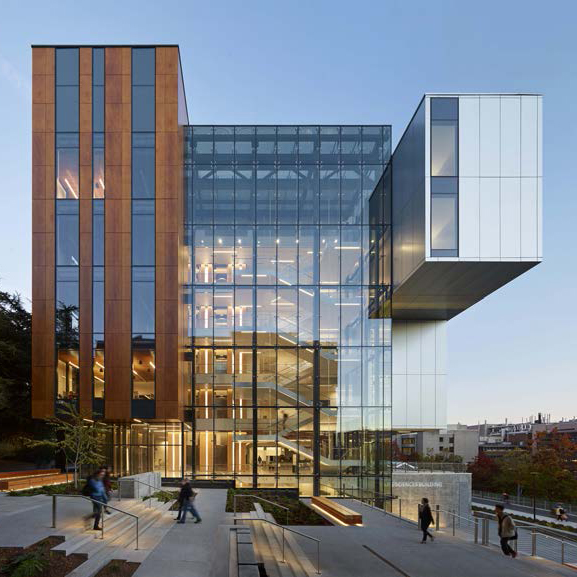 The highly innovative and sustainable
The highly innovative and sustainable 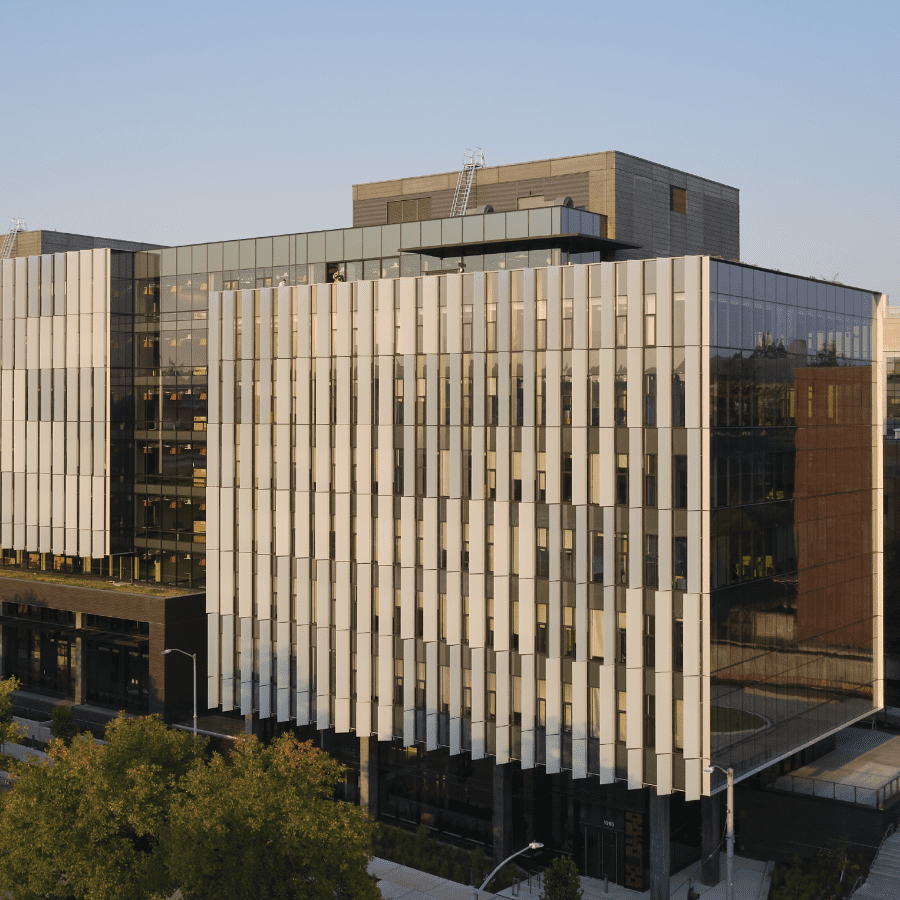 The new Hans Rosling Center for Population Health establishes a new type of academic venue for interdisciplinary collaboration and innovation. The new 300,00 SF hybrid facility is designed to respond directly to the mission of the University of Washington's (UW) Population Health Initiative - a 25-year vision to address the most persistent and emerging challenges affecting human health, environmental resilience and social and economic equity across the globe. This project creates a new campus hub where scientists, researchers and faculty work together to address some of the world's most significant challenges like poverty, equity, health-care access, climate change and government policy. ▾
The new Hans Rosling Center for Population Health establishes a new type of academic venue for interdisciplinary collaboration and innovation. The new 300,00 SF hybrid facility is designed to respond directly to the mission of the University of Washington's (UW) Population Health Initiative - a 25-year vision to address the most persistent and emerging challenges affecting human health, environmental resilience and social and economic equity across the globe. This project creates a new campus hub where scientists, researchers and faculty work together to address some of the world's most significant challenges like poverty, equity, health-care access, climate change and government policy. ▾ 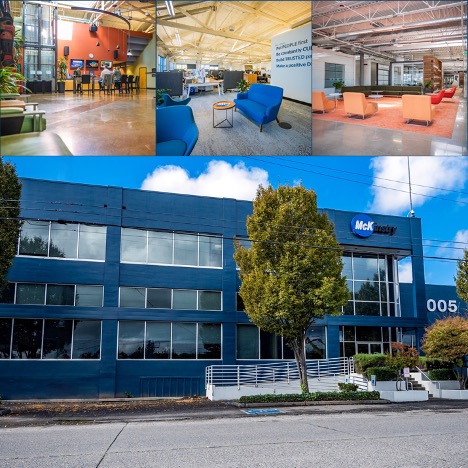 We invite you to explore sustainability in action with brief and virtual tours of the McKinstry Seattle campus, the Zero-Carbon & Zero-Energy Catalyst building and South Landing EcoDistrict in Spokane, the award-winning Augmented Reality pilot program at the UW School of Medicine-Gonzaga University Heath Partnership building 840 Project; followed by presentations on our work including Clean Buildings Laws and decarbonizing the built environment to combat climate change. Enjoy an interactive Q&A conversation with McKinstry industry experts. ▾
We invite you to explore sustainability in action with brief and virtual tours of the McKinstry Seattle campus, the Zero-Carbon & Zero-Energy Catalyst building and South Landing EcoDistrict in Spokane, the award-winning Augmented Reality pilot program at the UW School of Medicine-Gonzaga University Heath Partnership building 840 Project; followed by presentations on our work including Clean Buildings Laws and decarbonizing the built environment to combat climate change. Enjoy an interactive Q&A conversation with McKinstry industry experts. ▾